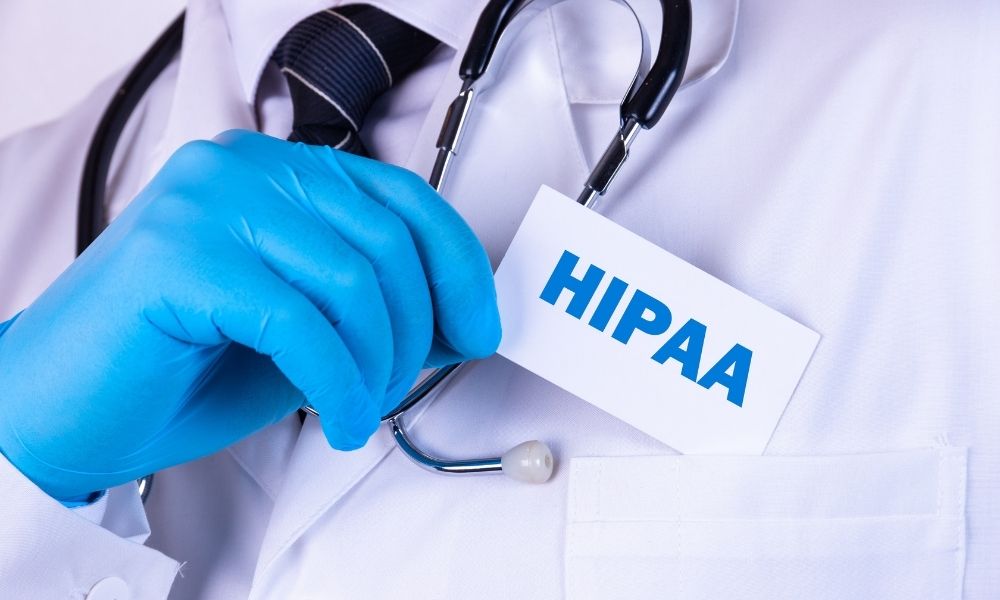HIPAA compliance is vital for healthcare professionals. The federal law keeps patients’ data secure and safe as well as giving people more access to their personal information. With technology evolving rapidly and is constantly changing, it’s vital to ensure that any new system you adopt adheres to the rules set forth by HIPAA.

HIPAA compliance is confusing particularly for companies that are trying to figure out what HIPAA means and how it affects the way they operate. HIPAA compliance is required for both health care providers and employees of the insurance business. To make sure compliance is met, it’s essential to study the regulations and ensure that all procedures are implemented. Although it can seem difficult but compliance with the law is essential. Being compliant means better service as well as data security, as well as lower fines. If you know the scope of HIPAA covers and undertaking the necessary steps, businesses can be sure that they’re taking the correct measures required under its regulations.
While HIPAA’s rules may appear restrictive, the emphasis placed on security and privacy is intended to guard information. More protections are needed to prevent the illegal disclosure or misuse of private patient data since healthcare has increased its use of digital media such as Electronic Medical Records. Although guidelines have been put up, conformity with these regulations is scrutinized and enforced to ensure that individuals are protected. This is why HIPAA remains vigilant of these matters in order to improve the security and privacy.
HIPAA is a valuable safeguard for all those who work in the medical industry and patients whose data is stored. It allows covered entities (CEs) and business associates (BAs) the ability to choose whether or not to utilize an addressable implementation specification. The decision will be influenced by a variety of factors, including the risk analysis, mitigation strategy, current security measures, and the cost of implementation. CEs and BAS are able to consider alternative measures or opt to avoid implementing the measure completely if it is feasible in the context of their situation. HIPAA encourages them in making an informed decision regarding security of data and protection, and also to achieve a balance between technical safeguards and control for the user.
Businesses can benefit by achieving HIPAA compliance. By adhering to the regulations set by the Health Insurance Portability and Accountability Act (HIPAA) the organizations are able to safeguard the health data of their clients, customers or patients by making sure that it’s kept safe and secure. Compliance ensures that medical data of individuals isn’t made available for personal use or for the benefit of their health care providers. HIPAA compliance gives individuals the power to make informed decisions regarding the way their personal medical information is managed and used. It also allows them to be assured that their information will not be available or altered by other organization without their consent. HIPAA compliance allows organizations to avoid risks to their reputations through assisting them to avoid the legal and financial consequences of improper handling of patient information. HIPAA standards ensures positive patient experiences as well as better protection for medical records that are sensitive.
These are just a few of the many considerations that you need to consider when complying with HIPAA. The best way to make sure that you’re compliant is to have an understanding comprehension of the law and talk to an expert who will help you determine its meaning and implement the proper systems and procedures in place. It can be challenging to ensure compliance however it is essential for protecting the rights of your patients as well as protecting their personal medical information.
For more information, click hitech subtitles